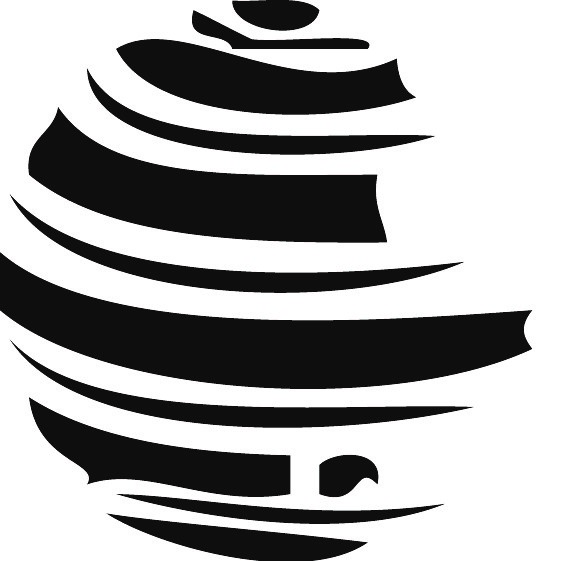- Home
- 69 (2017/2) Balancing Heritage and Innovation : Pa...
- The Family Farming: a Traditionnal Model to Foster the Agriculture Innovtion
View(s): 820 (12 ULiège)
Download(s): 245 (0 ULiège)
The Family Farming: a Traditionnal Model to Foster the Agriculture Innovtion

Attached document(s)
original pdf fileRésumé
Résumé
Notre étude analyse les caractéristiques de l’agriculture innovante, les objectifs autour desquels elle est centrée et les acteurs et les politiques locales qui peuvent faciliter son développement. Dans ce contexte, nous voulons mettre en évidence que le modèle de l’agriculture familiale est le plus apte à récupérer et à tendre vers les tendances innovantes. Face à ces innovations qui changent l’aspect de l’agriculture, en faisant ressortir un modèle productiviste déconnecté de la spécificité des ressources environnementales et territoriales, l’Italie des “données quantitatives” montre encore quelque retard à poursuivre une agriculture multifonctionnelle. Cependant, les exploitations familiales sont la meilleure alternative considérable pour embrasser une agriculture multifonctionnelle liée à un développement rural durable, comme indiqué par les politiques nationale et européenne.
Abstract
Abstract
This study aims to analyze the characteristics of an innovative and strategic agriculture industry, the objectives on which it focuses and the local actors and policies that could facilitate its development. In this framework, we intend to highlight the agricultural model of family farming, seen as the most capable of catching up and adopting the innovative trends. In the face of these innovations, which are leading agriculture far from a “productivist” model, that is disconnected from the specificity of environmental and territorial resources, Italy still shows some lag in following a multifunctional model on the basis of quantifiable factors. Nevertheless, family farms represent today the best alternative to embrace a multifunctional agriculture linked to a sustainable rural development, as indicated by National and EU policy.
To cite this article
About: Luisa SPAGNOLI
Università degli Studi di Roma "Tor Vergata"
Dipartimento di Storia, Patrimonio culturale, Formazione e Società
Via Columbia 1, 00133 Roma, Italia
luisa.spagnoli@uniroma2.it
About: Luigi MUNDULA
Università degli studi di Cagliari
Dipartimento di Scienze Economiche e Aziendali
Viale fra Ignazio 84, 09123 Cagliari, Italia
luigimundula@unica.it






